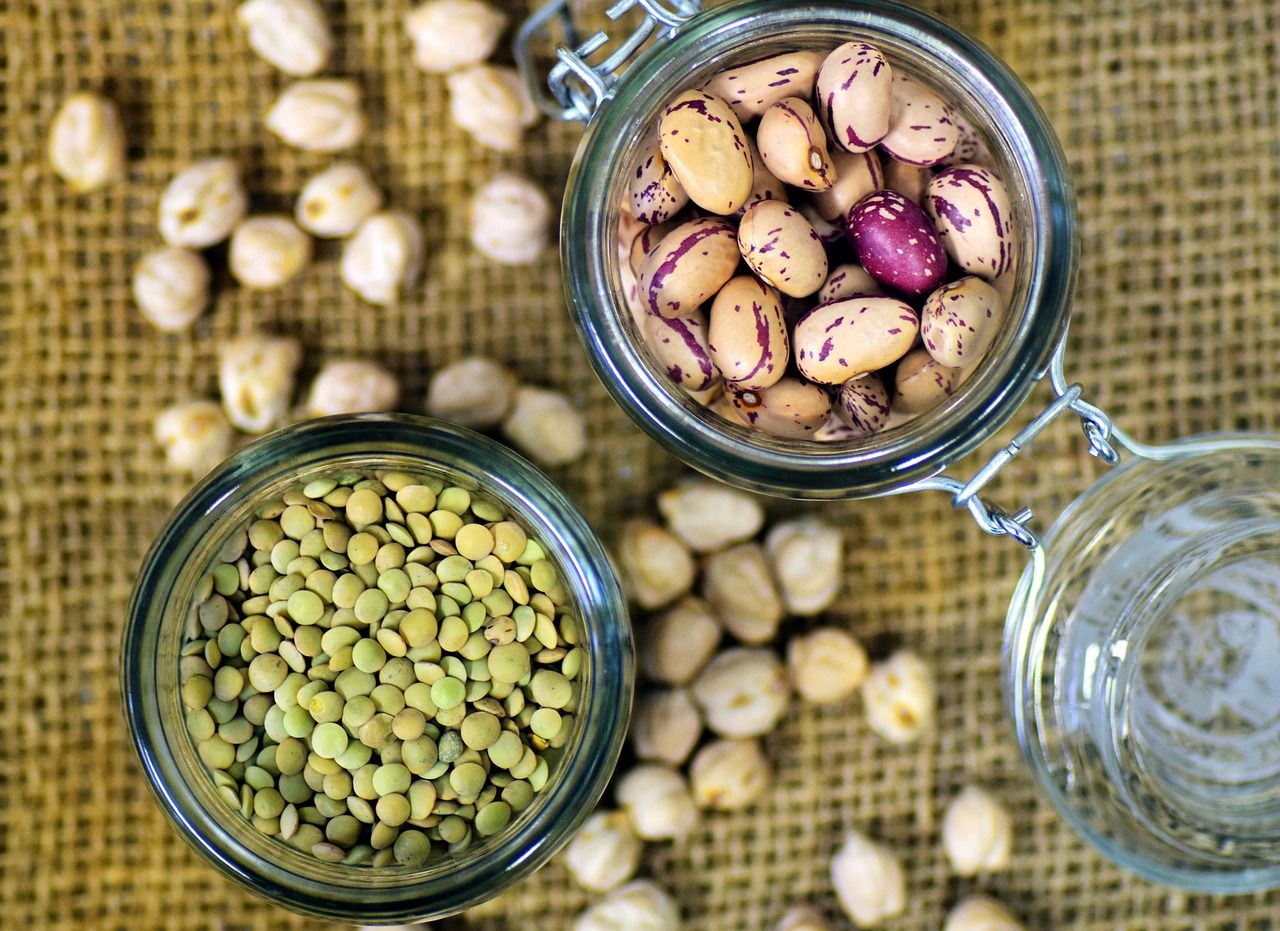Follow us on Google News (click on ☆)

Image source: Pixabay
Jean-Philippe Drouin-Chartier, a professor at the Faculty of Pharmacy at Université Laval, and a group of researchers from Harvard University arrived at these conclusions after studying 216,695 people. "At the time of their enrollment in the study, none of these individuals had diabetes, but 22,761 developed it during the follow-up, which spanned over 30 years," states Professor Drouin-Chartier, who is also a researcher at the Center for Nutrition, Health, and Society and the Institute for Nutrition and Functional Foods.
All participants were required to periodically fill out food questionnaires reporting their consumption of processed red meat (sausages, bacon, cold cuts for sandwiches, etc.) and unprocessed red meat (beef, pork, lamb).
Thanks to this data, the researchers established that the risk of developing type 2 diabetes increased directly with red meat consumption. Thus, people who were in the highest quintile of total red meat consumption had a 62% increased risk of developing type 2 diabetes compared to those in the lowest quintile. When considering only processed red meat, the risk increase was 51%. For unprocessed red meat, the risk was 40% higher.

Image source: Pixabay
"This increase in the risk of type 2 diabetes could be attributable to the saturated fats and type of iron found in red meat," suggests Professor Drouin-Chartier. "The presence of nitrates in processed meats could also be a factor. Additionally, we know that red meat consumption is associated with weight gain, and adiposity is itself a risk factor for type 2 diabetes."
The researchers also conducted models to measure the effect of substituting a daily serving of red meat with another protein source. Through this analysis, they determined that substituting a daily serving of processed red meat with a serving of legumes or nuts decreased the risk of type 2 diabetes by 41%. When it came to unprocessed red meat, the reduction was 29%. If dairy products were substituted for processed or unprocessed red meat, the risk reductions were respectively 33% and 20%.
"Given our findings, consuming less red meat seems like a good idea, but it's also important to consider what it's replaced with," emphasizes Professor Drouin-Chartier. "Our results are consistent with the recommendations of the Canadian Food Guide. There are significant advantages to replacing red meat with plant-based proteins or dairy products, primarily yogurt. And if one insists on consuming red meat, a steak would be preferable to processed cold cuts."